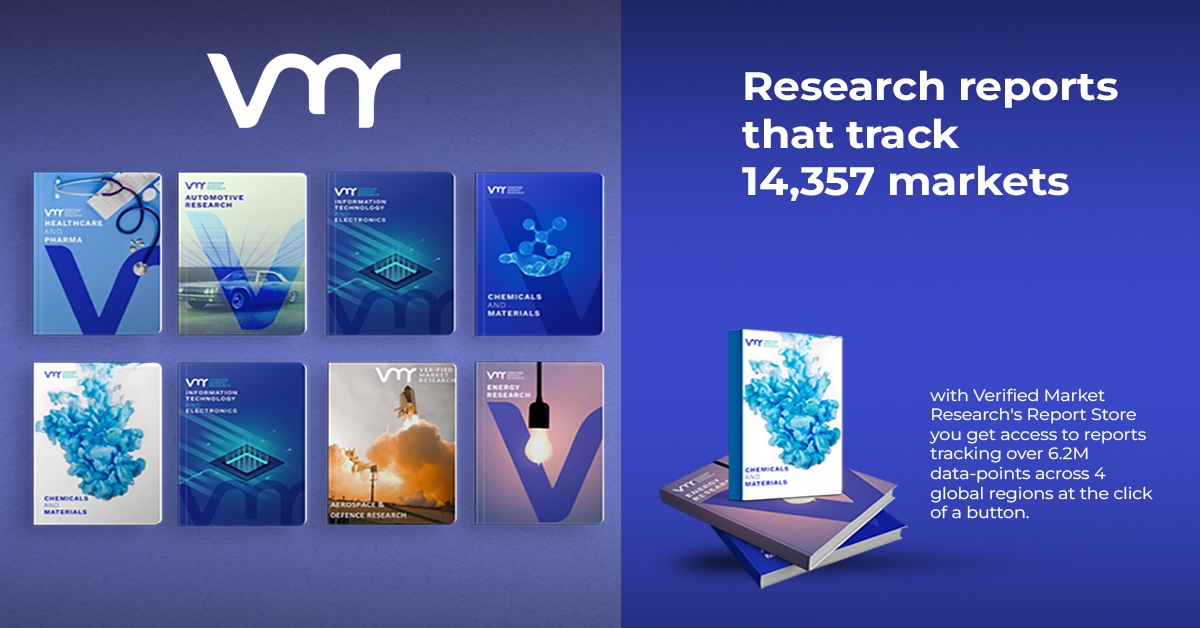Transforming Airport Passenger Experiences: The Rise of B2C CRM Software in Airports
In the age of hyper-connected travel, airports face mounting pressure to enhance passenger experiences while maintaining operational efficiency. Business-to-Consumer (B2C) Customer Relationship Management (CRM) software is emerging as a cornerstone for achieving these goals. By enabling personalized communication, streamlining services, and providing actionable insights, B2C CRM platforms are revolutionizing how airports interact with travelers. Here’s an in-depth look at the latest developments shaping this market.
The Surge of B2C CRM in Airports
B2C CRM software for airports has seen substantial adoption, driven by the global resurgence of air travel post-pandemic. Key factors propelling this market include the rising demand for personalized passenger engagement, the need for data-driven decision-making, and advancements in AI and IoT technologies.
Key Trends:
- Personalization and AI Integration: Airports increasingly use AI-powered B2C CRM tools to analyze passenger data, enabling hyper-personalized interactions. For instance, chatbots and virtual assistants provide real-time flight updates and tailored promotions, significantly improving customer satisfaction.
- Mobile-First Solutions: With most travelers relying on smartphones, mobile-optimized CRM platforms have become essential. These systems offer functionalities such as seamless mobile check-ins, dynamic queue management, and personalized alerts on services like lounge availability.
- Enhanced Data Analytics: B2C CRM platforms are leveraging big data to predict travel patterns and enhance service delivery. For example, predictive analytics helps airports anticipate peak times and deploy resources accordingly.
Regional Insights and Market Performance
North America and Europe: Leading the Charge
North America remains a dominant market due to its technological advancements and high investment in airport infrastructure. Major airports such as Hartsfield-Jackson and Heathrow are leveraging advanced CRM systems to drive passenger engagement.
Europe follows closely, focusing on enhancing eco-friendly and passenger-centric operations. Nordic countries, in particular, are adopting CRM software to improve their sustainability metrics.
Asia-Pacific: A Rising Contender
The Asia-Pacific region is witnessing the fastest growth, fueled by an expanding middle class and increased air travel. Countries like China and India are at the forefront of CRM adoption, using the technology to manage burgeoning passenger volumes efficientl.
Top Players Shaping the Market
1. AirIT
AirIT leads in delivering B2C CRM solutions tailored for small to medium airports. Their innovative platforms offer scalable solutions that ensure operational efficiency and superior passenger experiences.
2. Embross
Known for their self-service solutions, Embross integrates CRM functionalities that empower travelers with tools for personalized journey management, including baggage tracking and flight rescheduling【8】.
3. TAV Information Technologies
TAV’s platforms focus on data-driven decision-making, offering robust analytics tools that enhance passenger flow management and retail revenue optimization.
Challenges and Opportunities
While the potential of B2C CRM software in airports is immense, several challenges remain:
- Data Privacy Concerns: The collection and analysis of passenger data necessitate stringent compliance with data protection regulations such as GDPR.
- Integration Complexity: Airports must navigate the challenges of integrating CRM systems with existing IT infrastructures.
Despite these hurdles, the opportunities are vast. B2C CRM solutions can significantly boost non-aeronautical revenues by targeting passengers with personalized retail and dining offers.
Future Prospects
Looking ahead, the B2C CRM software market for airports is poised for remarkable growth. Innovations in AI, machine learning, and IoT will drive further personalization and operational excellence. Airports adopting these technologies can expect enhanced customer loyalty, increased ancillary revenues, and streamlined operations.
In summary, as air travel continues to evolve, B2C CRM software will remain pivotal in shaping the future of passenger engagement. By combining advanced analytics, personalized communication, and seamless integration, these platforms will redefine how airports connect with their customers.









